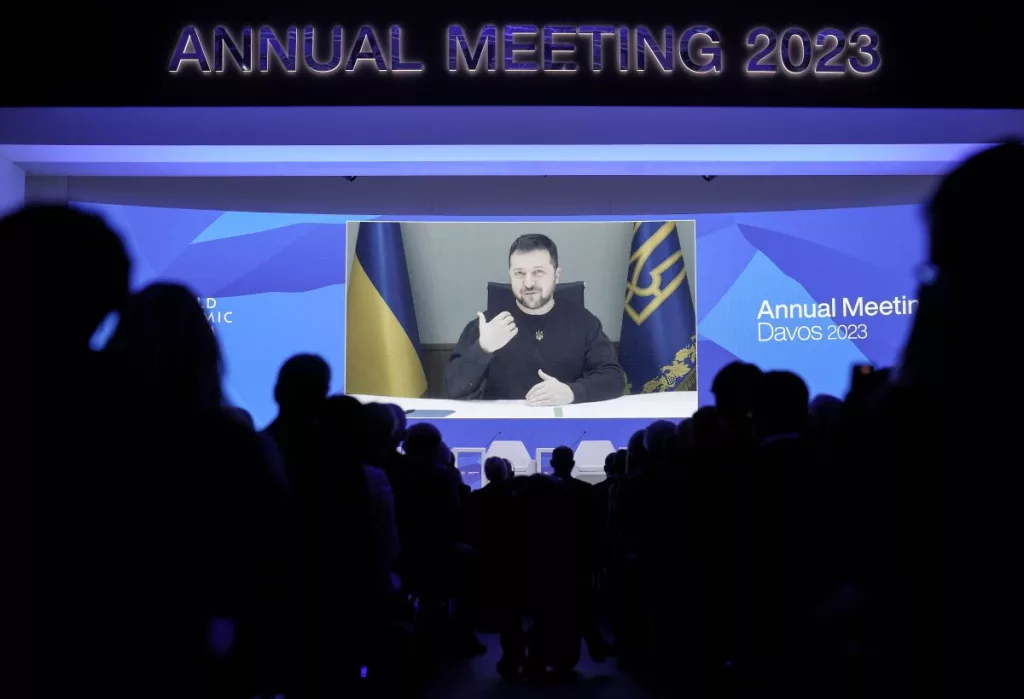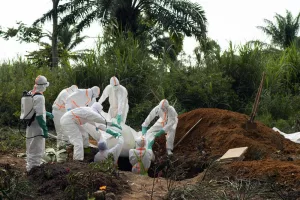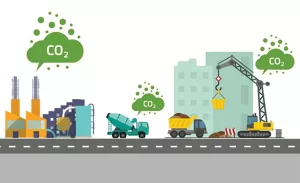“Cooperation in a fragmented world” — such was the slogan of this year’s annual meeting of the World Economic Forum, where heads of government, NGOs, and business leaders met to discuss today’s economic challenges. The summit took place from January 16-20 in Davos, Switzerland, with over 2,700 attendees. Each day, numerous panels were held surrounding a myriad of topics, from crypto to jumpstarting the Palestinian economy.
Sustainability and climate change
A topic that found its way into many sessions and panels was sustainability. The mayors of Monterrey, Mexico, Freetown, Sierra Leone, and Melbourne, Australia, explained the importance of using nature-based perspectives to fight climate change. They expressed that this could be done by connecting investors directly to cities that are investing in nature-centric solutions and through legislative reforms and business partnerships. The mayors jointly stated their intention to prioritize and fund nature-driven solutions to the climate crisis.
In addition, 50 trade ministers from countries across the globe created the Coalition of Trade Ministers on Climate at the conference. The coalition intends to focus on sustainable trade, cooperation in tackling climate change and transparency. With member states in various stages of development, the coalition explained the importance of collaboration. Part of this collaboration includes an emphasis on the inclusion of “different levels of development and climate vulnerabilities” in trade-related decision-making.
The war in Ukraine
According to United World Data, the only issue that speakers unanimously agreed on was ending “Russian Aggression.” The war in Ukraine and its effects were mentioned during many panels. World leaders announced their support for Ukraine. The North Atlantic Treaty Organization (NATO) Secretary General Jens Stoltenberg and President of the European Commission Ursula von der Leyen both expressed their support for the country. Von der Leyen addressed Olena Zelenska, the First Lady of Ukraine, who later called for unity against Russia from other countries. Volodymyr Zelensky, the President of Ukraine, attended the conference online. His approach was more direct, as he asked for Leopard 2 tanks and heavy machinery. “Give us your weapons, and we will take back what’s ours” Zelensky stated.

Photo by LA Times.
This request came just days after Germany announced it would not send Leopard 2 tanks to Ukraine. The audience, therefore, believed Zelensky’s words were directed at Chancellor of Germany Olaf Scholz. Stoltenberg took a similar position and demanded a “significant increase” in arms sent to Ukraine. When questioned about the tanks, Scholz did not answer directly, and instead said that Germany wants to “avoid … a war between Russia and NATO.” Five days after the conference, Germany confirmed that they will be sending 14 Leopard 2 tanks to Ukraine.
Technology
Whether it be for the military or to fight climate change, speakers explained that technology will be a vehicle for driving change in the future. Trade leaders such as Thani Ahmed Al Zeyoudi of the UAE expressed that “technology will play a major role” in shaping the future. In the panel “Tradetech meets Fintech,” speakers debated how to make trade more efficient and accessible to all. The panel concluded that some main objectives of technology are data-sharing, innovation, and capacity building.
In urban planning, the G20 Global Smart Cities Alliance used the summit to launch its policy benchmarking tool. The resource is a blueprint to help leverage technology and create secure, interconnected and long-lasting smart cities. The group explained how smart city technologies can be used by policymakers to improve the quality of life of citizens.
The summit covered dozens of topics and had its largest attendance to date. The Davos 2023 Top 10 Risks Report shows that the highest global short-term risk is the cost of living crisis. As for the long term, the four highest-ranking problems are climate-change related. The summit was a space for individuals and groups to have conversations and propel decision-making that has the potential to change the future.
Cover image by: El Periódico






